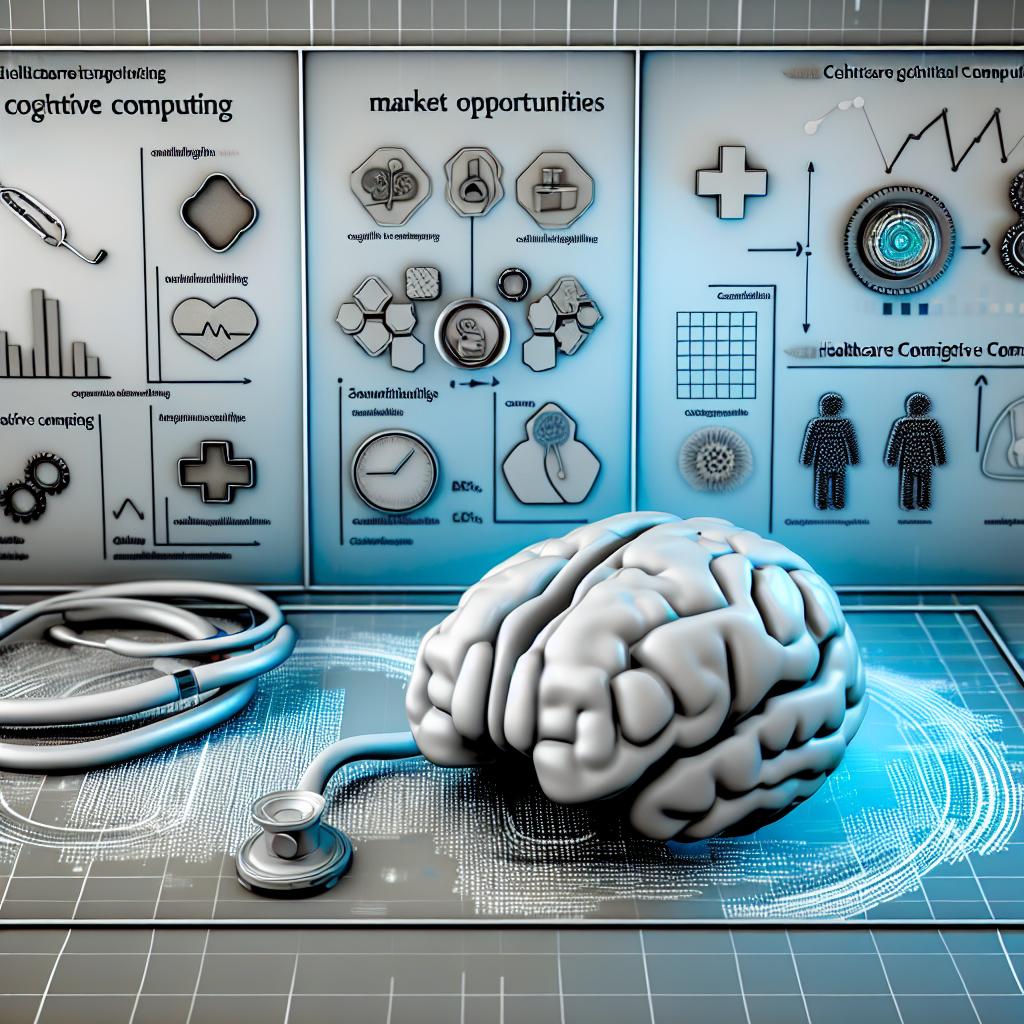Explore the healthcare cognitive computing market size, opportunities, and forecasts for strategic insights.
Healthcare Cognitive Computing Market Size, Opportunities & Forecast

Table of Contents
Healthcare Cognitive Computing Market Size, Opportunities & Forecast

The healthcare industry is undergoing a significant transformation, driven by the rapid advancement in cognitive computing technologies. Cognitive computing systems simulate human thought processes in a computerized model, utilizing self-learning algorithms that use data mining, pattern recognition, and natural language processing to mimic the way the human brain works. This article explores the current market size, opportunities, and future forecasts of cognitive computing in healthcare, providing insights into how this technology is reshaping the industry.
Understanding Cognitive Computing in Healthcare
Cognitive computing in healthcare refers to the use of computer models to simulate human thought processes in complex situations where the answers may be ambiguous and uncertain. The technology involves various components such as machine learning, natural language processing, and data analytics to enhance decision-making processes in healthcare settings. This technology has the potential to revolutionize various aspects of healthcare including diagnosis, treatment options, patient monitoring, and management.
Current Market Size
The global healthcare cognitive computing market has witnessed substantial growth over the past few years. According to a report by Grand View Research, the market was valued at approximately USD 2.5 billion in 2020 and is expected to grow at a compound annual growth rate (CAGR) of 34.0% from 2021 to 2028. This growth is primarily driven by the increasing burden of chronic diseases, rising geriatric population, and the growing integration of healthcare with information technology.
Key Opportunities in Healthcare Cognitive Computing
- Enhanced Diagnostic Accuracy: Cognitive computing can significantly improve diagnostic accuracy by analyzing large volumes of medical data and recognizing patterns that may be invisible to human eyes.
- Personalized Medicine: By analyzing patient data and existing medical research, cognitive systems can help in creating personalized treatment plans that are specifically tailored to individual patient needs.
- Operational Efficiency: Healthcare facilities can use cognitive computing to streamline operations, reduce costs, and improve patient care by automating administrative tasks and optimizing treatment protocols.
- Drug Discovery and Development: Cognitive computing can accelerate the drug discovery process by simulating and predicting the outcomes of drug trials before they are conducted on actual subjects.
Challenges to Adoption
Despite the promising opportunities, several challenges hinder the widespread adoption of cognitive computing in healthcare. These include high initial investment costs, lack of skilled professionals, concerns related to data privacy, and the complexity of integrating cognitive systems with existing healthcare IT infrastructure. Addressing these challenges is crucial for the successful implementation and maximization of cognitive computing technologies in healthcare settings.
Case Studies
Several healthcare organizations have already started to harness the power of cognitive computing to enhance their services and operations. For instance, the MD Anderson Cancer Center developed a cognitive system called Oncology Expert Advisor, which assists in clinical decision-making by providing evidence-based treatment options. Similarly, IBM Watson Health has partnered with numerous healthcare organizations to implement cognitive solutions that improve patient outcomes and reduce costs.
Future Forecast
Looking ahead, the healthcare cognitive computing market is poised for significant expansion. Experts predict that by 2028, the market could reach a valuation of over USD 15 billion. This growth will be supported by continuous advancements in AI and machine learning technologies, as well as increasing healthcare IT adoption globally.
Conclusion
The integration of cognitive computing in healthcare is transforming the industry by enhancing diagnostic accuracy, personalizing medicine, and improving operational efficiency. While there are challenges to its adoption, the potential benefits make it a worthwhile investment for the future of healthcare. As technology continues to advance, cognitive computing is expected to become an integral part of healthcare systems worldwide, leading to better patient outcomes and more efficient healthcare services.
In conclusion, the healthcare cognitive computing market offers substantial growth opportunities and is expected to continue its rapid expansion in the coming years. Stakeholders in the healthcare industry should consider investing in this promising technology to stay competitive and provide superior care.








